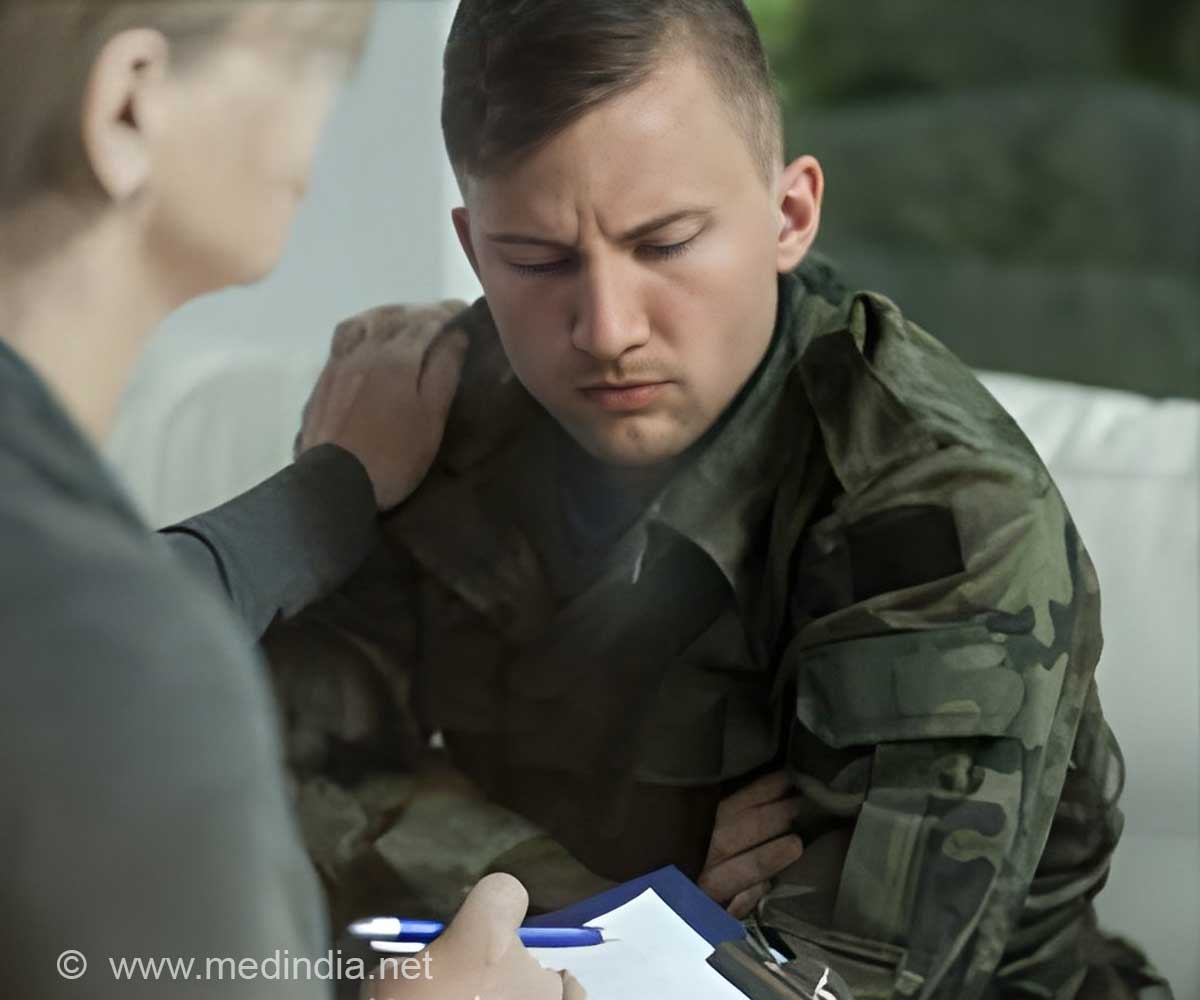The veterans felt 'greater confidence, gratitude and hope, as well as increased patience after undergoing therapeutic horseback riding program.

The data revealed clinically significant improvements in depression and post-traumatic stress symptoms in the veterans who participated in the therapeutic riding program compared to those who did not participate. The finding is significant because 17 years after 9/11, combat-related PTSD in military service personnel remains a national public health concern, with an estimated 2 to 17 percent of veterans suffering from the disorder. Mental health diagnoses among active duty military personnel have increased by 65 percent during the past decade, including adjustment disorders, depression, substance abuse, anxiety and PTSD, according to the Armed Forces Health Surveillance Center. Further, the U.S. Department of Veterans Affairs estimates that 20 veterans commit suicide every day.
The study was published in the Human-Animal Interaction Bulletin.
While animal-assisted activities and therapies are emerging as an effective intervention for mental and physical health issues among various groups of people, few studies include military service members. To date, this is the largest published study designed to examine the immediate and long-term effects of therapeutic riding on post-traumatic stress symptoms, depression and quality of life for military service members, Lanning said.
Requirements for participants included having served in any of the three Iraq and Afghanistan war missions; not having participated in any equine-assisted therapies or activities in the past six months; and having been diagnosed with PTSD.
The study included 89 participants in two groups -- one composed of 51 individuals who went through the horseback riding and one a comparison group of 38 veterans. Those in both groups were allowed to continue traditional therapy such as cognitive behavioral therapy and medications if already enrolled. A little more than half were attending a traditional psychotherapy program; 36 percent had completed a therapy program such as cognitive behavioral therapy.
Advertisement
Participants completed self-assessments before the start of the study, at the mid-point, at the end of the treatment and at a two-month follow-up. Participants also named a person who knew them well, such as a significant other or family member, to complete an assessment of participants' functioning at the beginning and end of the program.
Advertisement
The therapeutic effects of equine-assisted interventions can be best summed up by the veterans' own words, said Lanning, citing them.
". . . the program (therapeutic riding) has been the first that lets me totally forget about things and slows the racing thoughts. I didn't have reminders (of trauma) keep popping in." -- Veteran participant.
"I was at the point where I was desperate, depressed, hopeless . . . this (therapeutic riding) just sounded like a chance. And it worked." -- Veteran participant.
Source-Eurekalert















